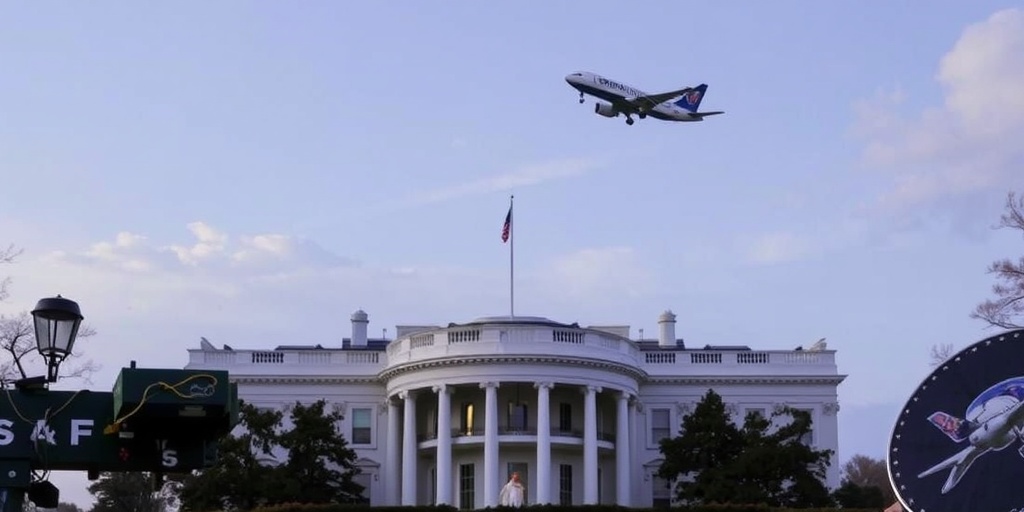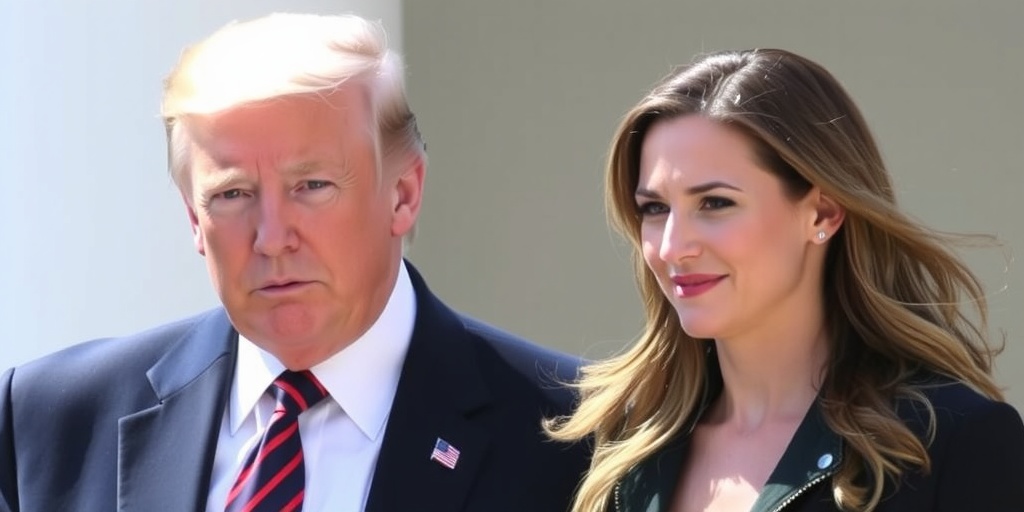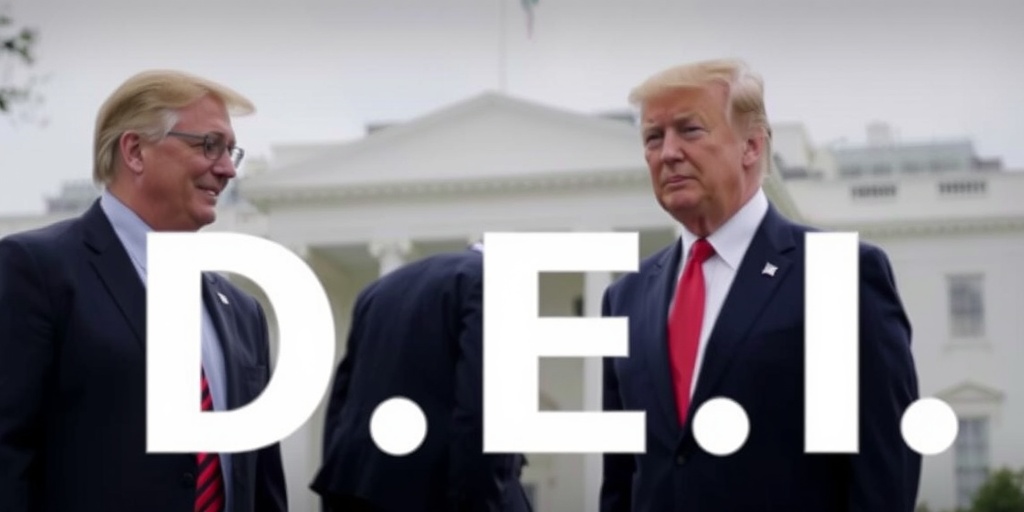Now Reading: Judge Orders Deportation Planes to Turn Back, White House Ignores Ruling
-
01
Judge Orders Deportation Planes to Turn Back, White House Ignores Ruling
Judge Orders Deportation Planes to Turn Back, White House Ignores Ruling

Judge’s Ruling on Immigration Deportations Ignored by Trump Administration
In a significant court ruling, a federal judge determined that the Trump administration could not invoke a rarely-used wartime law from the 18th century to expedite the deportation of migrants without due legal proceedings. The ruling, however, was seemingly ignored as over 200 migrants—many of whom were allegedly gang members—were deported to El Salvador in defiance of the judge’s orders.
The judge, James E. Boasberg of the Federal District Court in Washington, had explicitly mandated that any flights carrying migrants set for deportation should return to the United States if they were already in the air. However, the Trump administration proceeded to send three planes over the weekend, leaving from Harlingen, Texas, without adhering to the directive. A review by The New York Times revealed that the planes in question did not land in El Salvador before the issuance of the judge’s order. Astoundingly, one plane did not even leave U.S. soil until after the judge’s written ruling was publicly posted online.
During a court hearing the following Monday, Department of Justice attorney Abhishek Kambli contended that the administration did not breach the judge’s order as it was not formally completed until it was in written form. Importantly, Kambli claimed that the official order lacked a specific instruction to turn the planes around, suggesting that the administration’s actions were justified on these technical grounds. He also asserted that the third flight included deportees whose cases fell outside the purview of the judge’s ruling.
The timeline of events surrounding the deportations reveals a rapid chain of actions. On Friday, March 14, President Trump formally signed an executive order invoking the Alien Enemies Act of 1798, aimed at a criminal organization called Tren de Aragua claimed to be involved in an “invasion” of the U.S. This order targeted over 200 individuals for removal, under a legal framework that has not been widely used for decades.
The following day, the Trump administration publicly announced the executive order, which prompted immediate legal retaliation from organizations like the American Civil Liberties Union (ACLU) and Democracy Forward. These groups filed a lawsuit on behalf of five Venezuelan men currently held in immigration detention. While officials claimed the deportations for these five individuals had been halted, flights for the remaining migrants continued.
At approximately 5:26 p.m. on March 15, the first deportation flight, GlobalX Flight 6143, took off. Less than twenty minutes later, a second flight, GlobalX Flight 6145, followed. By around 6:48 p.m., Judge Boasberg delivered a verbal directive compelling the government to turn back any planes carrying individuals affected by his imminent order. At that moment, one of the flights was flying over Mexico, while another was situated over the Gulf of Mexico, and a third was still grounded in Texas.
Despite Judge Boasberg’s explicit instruction and timing, the flights continued on their course. At 7:26 p.m., a written order was made public, although it notably did not reiterate the instruction for planes to turn around. Even as this order was disseminated, the first plane had already landed in Honduras, while the second was still en route over Mexico, and the third flight took off shortly thereafter.
All three deportation flights eventually landed at the Soto Cano air base in Honduras, where U.S. military personnel have been stationed for years. After several hours on the tarmac, the flights embarked for El Salvador, arriving in San Salvador in the early hours of March 16.
The following day, El Salvador’s President Nayib Bukele commented lightheartedly about the situation on social media, acknowledging the late compliance with the judge’s ruling while referencing a headline from the New York Post that detailed the court’s decision against the Trump administration.
Amidst burgeoning criticism, Secretary of State Marco Rubio amplified Bukele’s comments by sharing the post on his personal social media account.
On March 17, the issue escalated further, drawing media attention and public scrutiny. Responding to questions about potential violations of the court order, Thomas D. Homan, Trump’s border czar, was dismissive, stating that the administration had acted based on the circumstances regarding national security, particularly describing the deportees as “terrorists” and threats to public safety. Meanwhile, White House Press Secretary Karoline Leavitt defended the administration’s actions as compliant with the judge’s written order, suggesting that the verbal order issued earlier may not hold the same legal weight.
As tensions rose, Judge Boasberg held another hearing on March 17 to address the administration’s apparent disregard for the order. Throughout this hearing, Kambli avoided providing the court with full disclosures, citing national security concerns, further contributing to the growing sense of legal uncertainty surrounding the administration’s immigration policies.
Judge Boasberg urged the government to clarify its position and requested more documentation regarding the flights and the deportees on board, intensifying the legal implications of the administration’s choice to proceed with the deportations in such a contentious atmosphere.
Stay Informed With the Latest & Most Important News
Previous Post
Next Post
-
 01New technology breakthrough has everyone talking right now
01New technology breakthrough has everyone talking right now -
 02Unbelievable life hack everyone needs to try today
02Unbelievable life hack everyone needs to try today -
 03Fascinating discovery found buried deep beneath the ocean
03Fascinating discovery found buried deep beneath the ocean -
 04Man invents genius device that solves everyday problems
04Man invents genius device that solves everyday problems -
 05Shocking discovery that changes what we know forever
05Shocking discovery that changes what we know forever -
 06Internet goes wild over celebrity’s unexpected fashion choice
06Internet goes wild over celebrity’s unexpected fashion choice -
 07Rare animal sighting stuns scientists and wildlife lovers
07Rare animal sighting stuns scientists and wildlife lovers





















